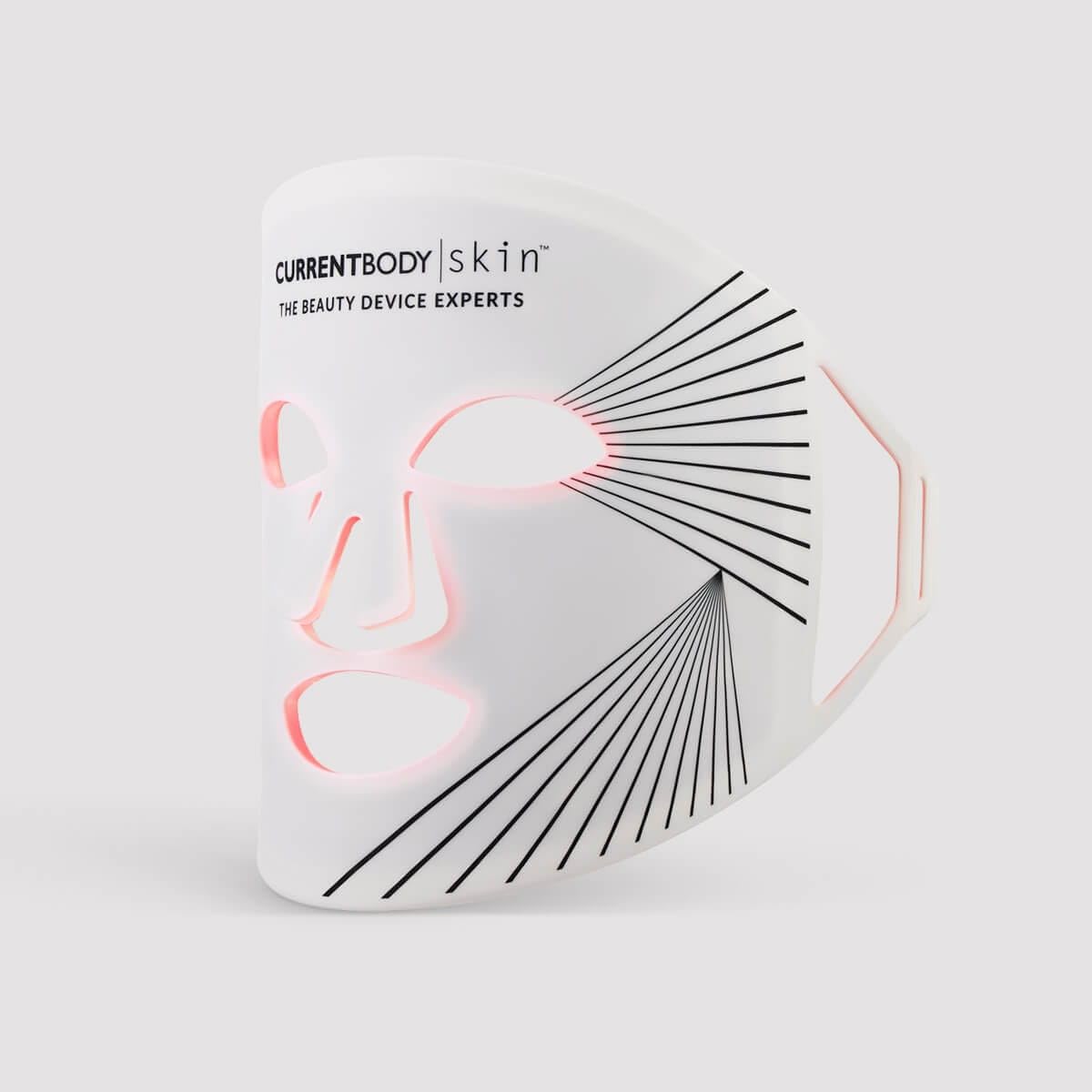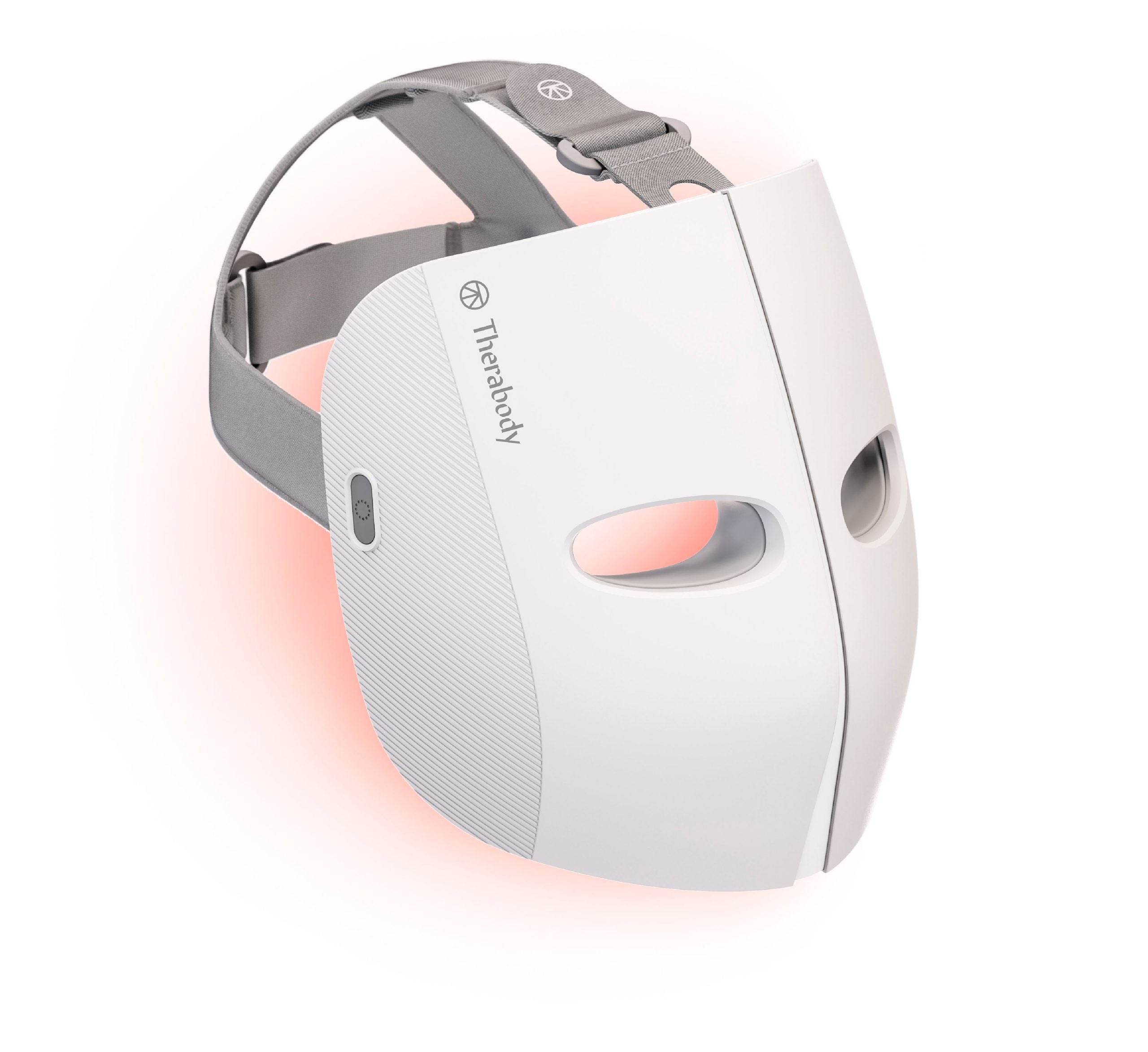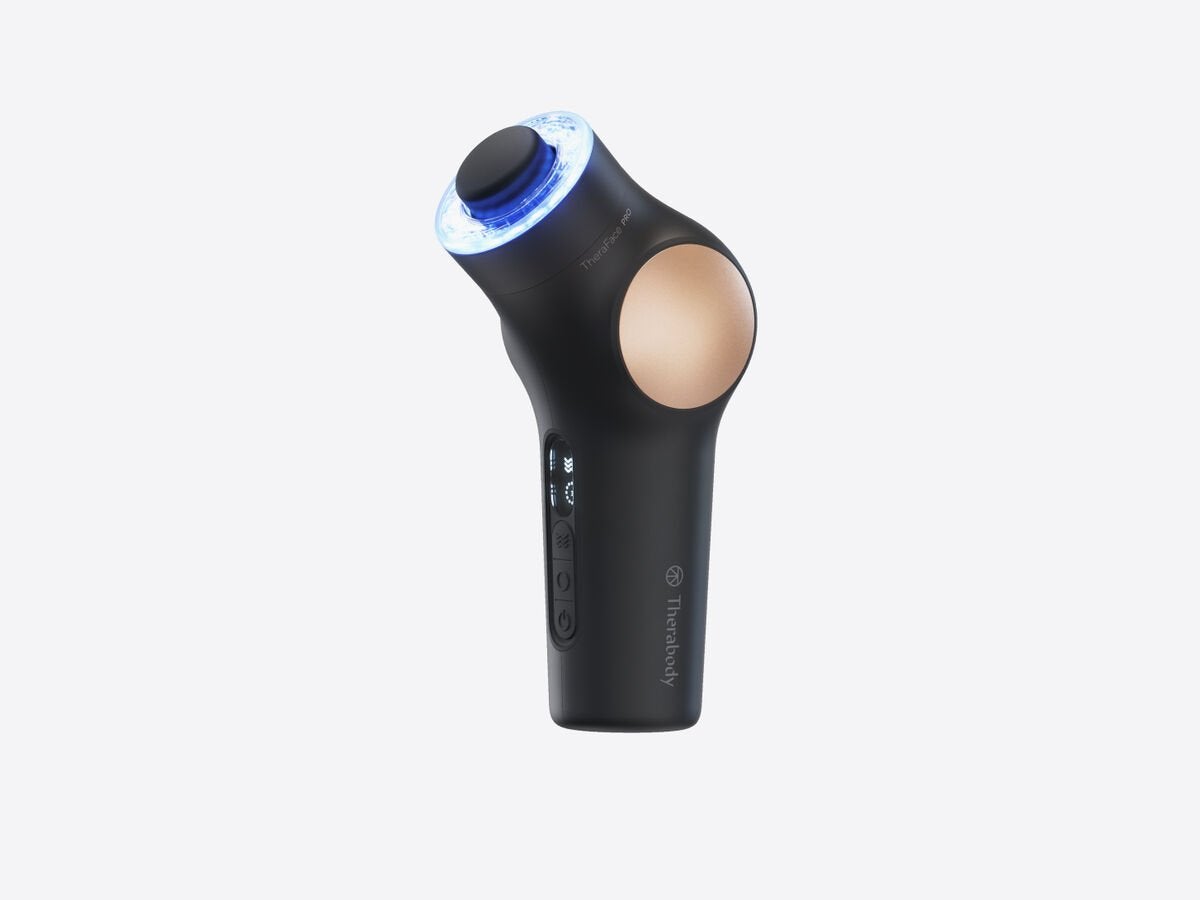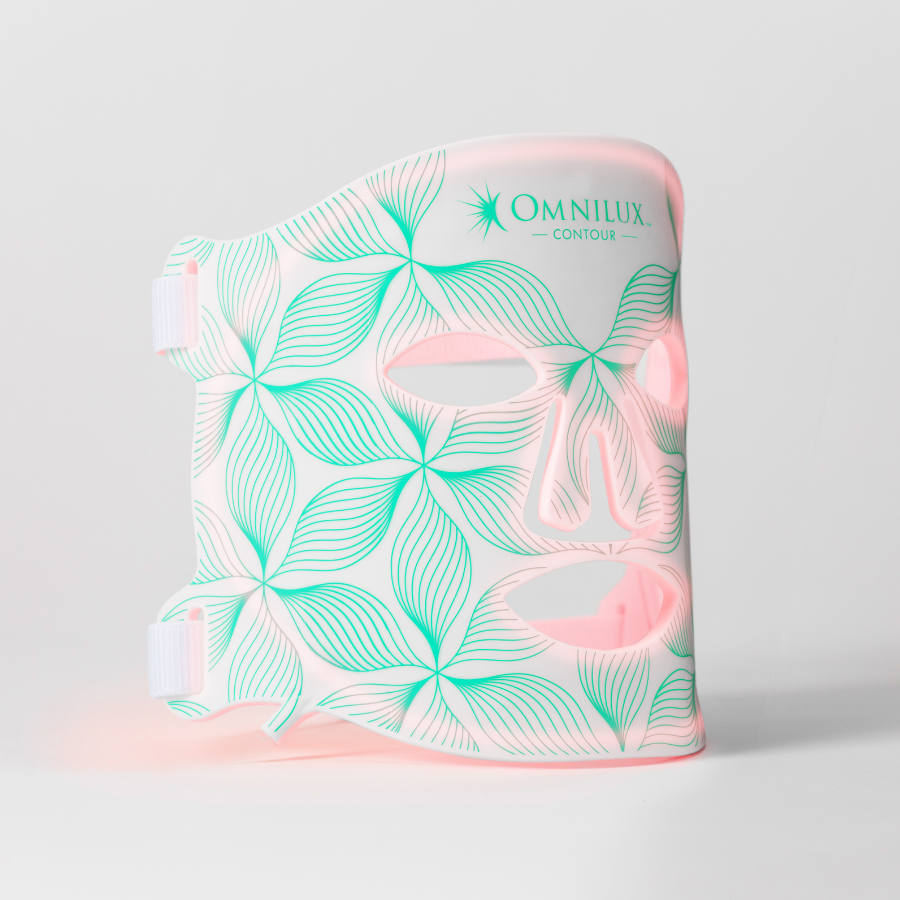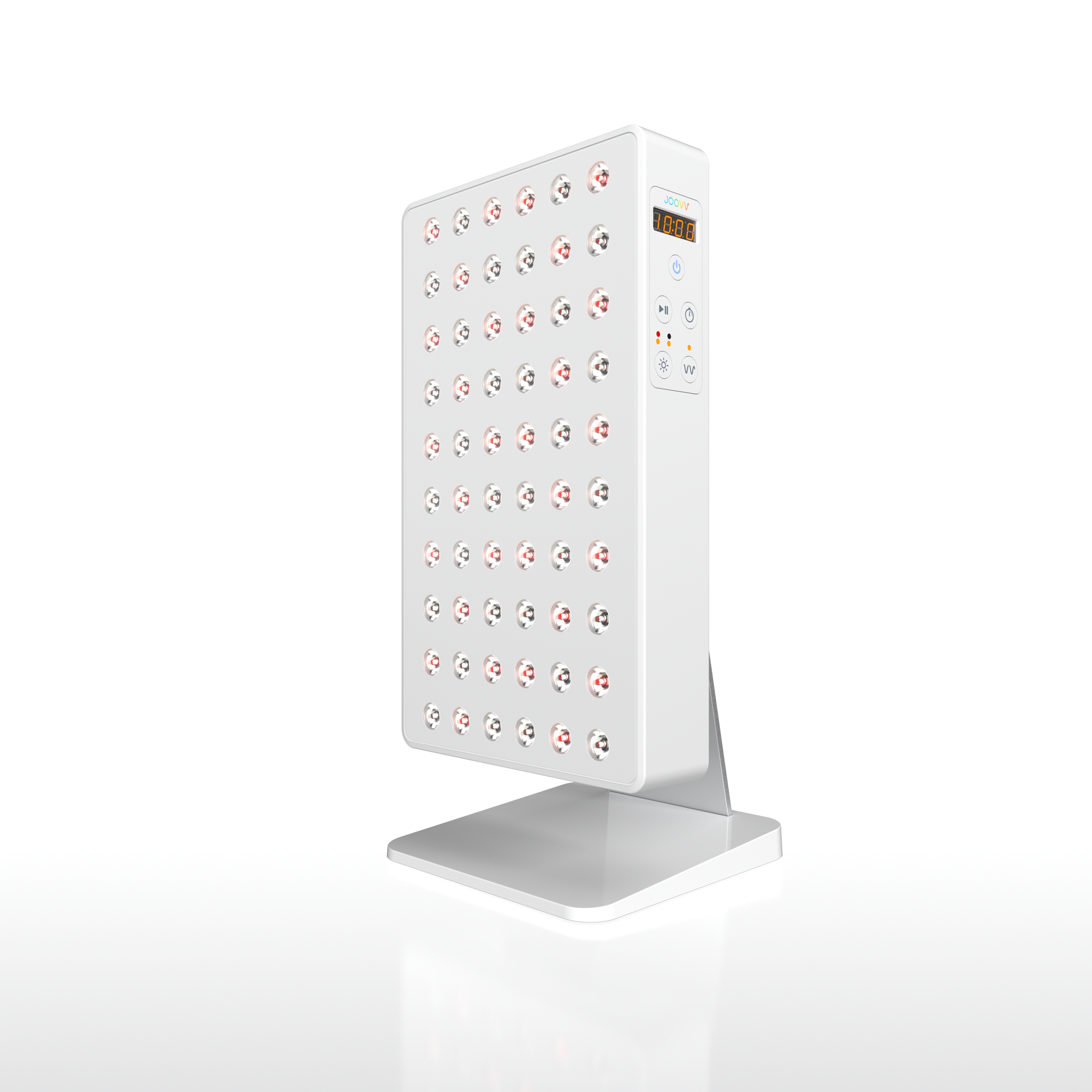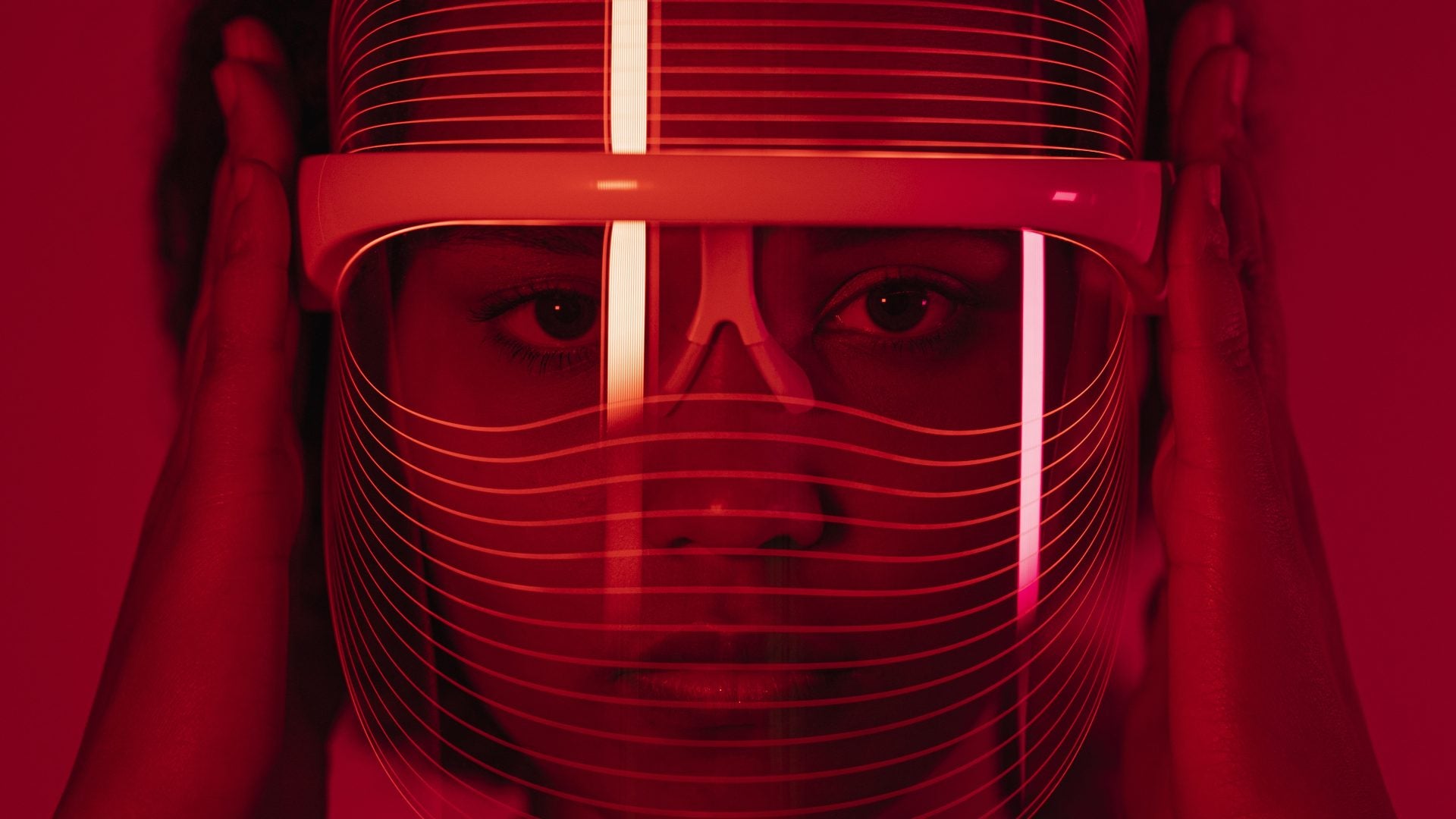
An appointment with your facialist is enough to have you sneaking a peak at their products to use at home. From cleansers to moisturizers and masks, you may be able to find the exact esthetician-approved product (or an affordable dupe on Google) within seconds. However easy they are to find, other tools, like red light therapy devices, often add a more wallet-gripping and confusing nuance to your “at-home spa” search.
“You can easily incorporate red light therapy by using fancy devices like LED masks or handheld gadgets,” Zen Den Founder, Alexandria Gilleo told ESSENCE earlier this year. However, “the best device is the device you will use,” double board-certified pediatric and cosmetic dermatologist Dr. Karan Lal adds, warning against buying a hard-to-use, overpriced tool. Unlike skincare products, finding the right light therapy device may require more consideration, but the unmatched benefits are worth the research.
From healing muscles and joints to treating hyperpigmentation, stimulating collagen and improving skin tone, “I’ve witnessed people experiencing benefits from using red light therapy 3x a week,” Gilleo says. Proven to help reduce signs of aging and rejuvenate the skin, according to the NIH, using red light to enhance has a plausible impact on your weekly routine. So, instead of booking facials every other day, here’s what you should look for in an LED device.
Read on for Lal and Gilleo’s guide to finding the most effective red light therapy device to use right from your bathroom.
What should I look for in a device?
“Red light therapy uses a narrow spectrum of visible light (600-900 nm) range to help heal the skin, muscles and even joints,” Lal says. “[So] you do want to do some research and make sure the company is using proper wavelengths and is cleared by the FDA,” Gilleo adds. “For skin concerns you want to look for 630-690 nm devices,” Lal says. “Some devices will have near infrared wavelengths which penetrate deeper in the skin to promote healing and collagen production.”
What is an appropriate price range for a device?
“You can purchase these pricey items online if it’s within your budget,” Gilleo says. With prices ranging from a few hundred to thousands of dollars, Lal warns, “most patients buy them and never use them” although “consistency is key,” Gilleo adds. So finding a user-friendly and multi-use device– like the TheraFace LED Face Mask or TheraFace Pro, each priced under $600 dollars– could be an ideal option to start with.
Can I use red light on my entire body?
Depending on your budget and usage, you may be in the market for a tool to use on your full body. “Body devices often just cover a larger [body surface area] and may have a deeper wavelength to help penetrate the muscles and joints,” Lal says. “I have a mini red light device from JOOVV,” Gilleo says, recommending the buildable device for a larger LED setup.
Does red light therapy have any risks?
“You’ll want to make red light therapy a regular part of your routine,” Gilleo says, recommending using red light 10 to 20 minutes per day on targeted areas. “It is so safe. They even use red light to treat dog arthritis,” Lal adds. However, “If you use it for more than recommended it can heat your skin and can cause irritation so stick to the recommended time limit for the device,” he says. “Overheating the skin can make melasma worse so more isn’t better.”
Is LED safe for daily use on melanated skin?
“Red light is my go to darker skin types,” Lal says. “It is great for hyperpigmentation which we are prone to as darker skinned patients.” However, he warns against frequent use of blue light therapy, “as it can cause hyperpigmentation in darker skinned individuals.” According to a study published in the NIH, blue light–depending on wavelength– induced different degrees of pigmentation on both women without melasma and melasma patients.
Expert-approved red light recommendations
